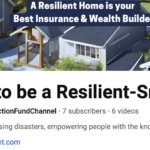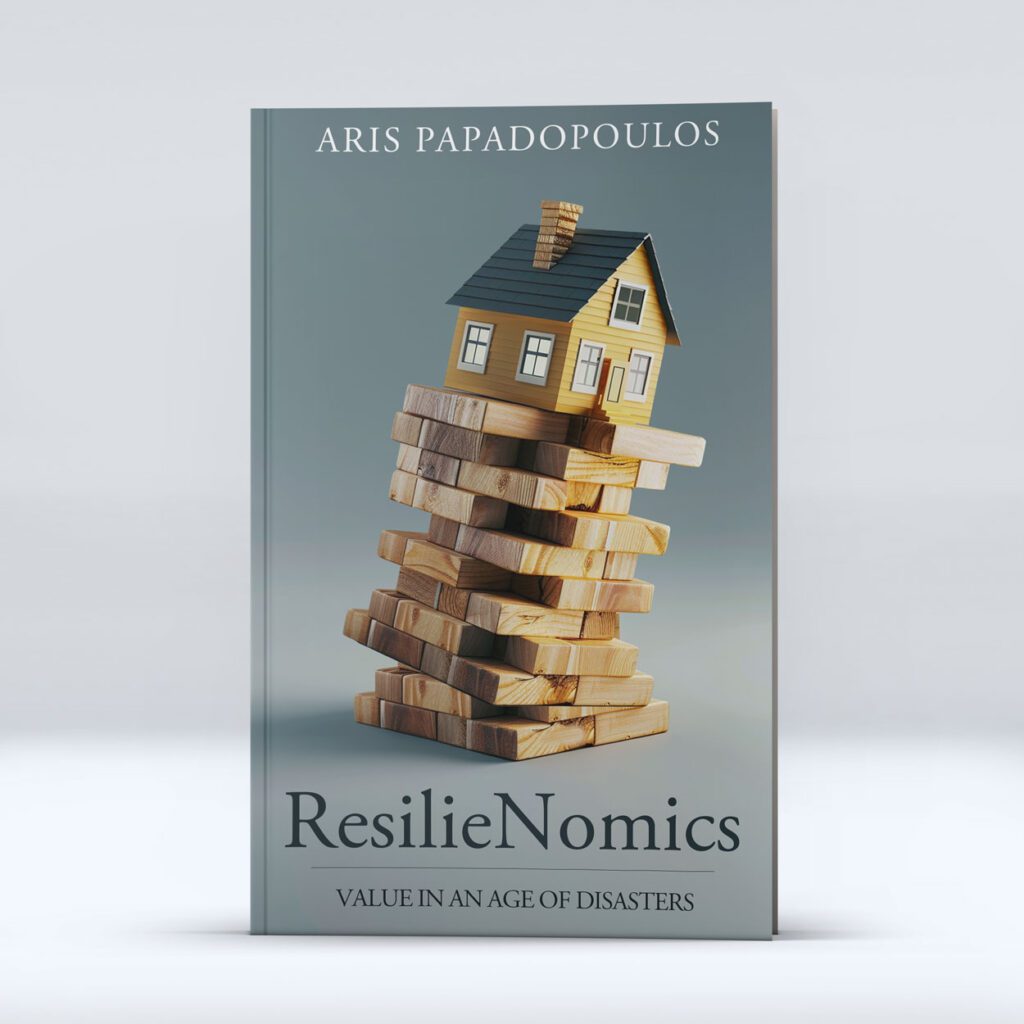
Advancing Awareness, Transparency & Education for Greater Resilience in the Built Environment
For a Stronger and Safer Built Environment
The author’s first book Resilience-The Ultimate Sustainability examined the history, root causes and lessons of US disasters. This new book examines how the economic forces that produced vulnerability can be used to reverse it.
Unchanged, it foresees financial and social turmoil, when markets awaken to systemic losses and correct for overvalued assets. It recommends strategies for households, businesses and policymakers, who will all bear the consequences, but can also proactively affect the outcome.


